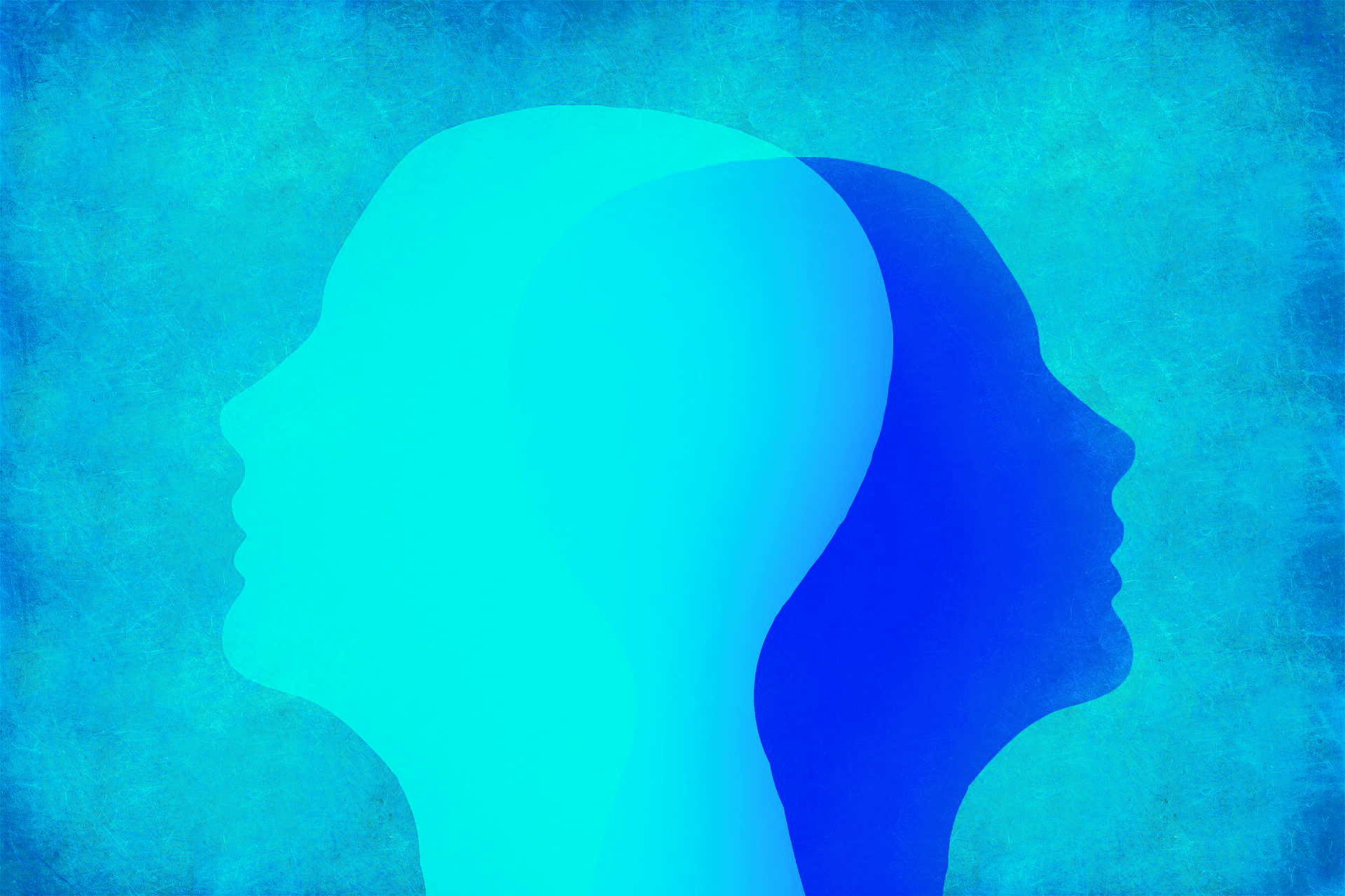When relations between two people are not good, and they realise that there is a problem, the tendency for both of them is to think that the other person is the problem. It is seen as a realistic view of the situation. But on deeper thought we find that while such thinking may reflect the current state of affairs between the two individuals, it is certainly not the best way to think about it, particularly if we desire a positive change in the status quo.
When we think that a person or situation is a problem, it activates subtle negative changes within us. We begin to regard that person with dislike, fear, or suspicion… we feel uneasy or irritated when we see them… and our discernment and judgment are distorted by the negative feelings. In other words, we are unable to see anything good in them and fail to appreciate their good qualities.
We may think that by treating the other person in this manner we are giving them what they deserve, or punishing them. But what do we undergo in the process? What kind of feelings prevail in the mind? Are we at ease, peaceful, happy, and carefree? Is our demeanour pleasant? That is hardly the case. By thinking and behaving in this manner we harm ourselves more than the other person.
When there are differences with another person, before deciding that they are a problem, how about giving some thought to the reasons behind the differences? They may have a different perspective on a matter, or certain expectations that I am not fulfilling; they may have an attitude or habit that I do not like; their priorities may not be the same as mine. Once I have identified the underlying reason, it can be discussed with the other person to arrive at a compromise. That will remove the cause of any ill feelings and troubled relations, saving us considerable time and energy that we would otherwise spend in brooding about that person or the ‘problem’.
If compromise is not possible, we can cordially agree to disagree and learn to accept the other person as they are. The understanding that the other person is simply different from me, and that does not necessarily mean they are bad, saves us from being vexed and helps reconcile the differences. We can have an agreeable or at least a working relationship without bad feelings and misunderstandings.
Spirituality helps us go a step further and recognise that they are a brother soul, like me a child of God. They are just playing their unique role in the drama of life. It is naïve to try to change someone’s role. I can, however, help them be a better person while discharging their role, with my good wishes, cooperation, love, and wisdom. If the other person’s role harms me in any way, I can always disengage from them to protect myself, while wishing them well. Blaming or disliking them helps neither of us.
This kind of patient, considerate, and wise interaction is possible only when our mind is free from the pulls and pressures of vices such as anger, greed, ego, and lust. That freedom comes from having purity and power – two qualities that come from a spiritual practice, meditation. When I recognise the fact that I am a soul, a child of God, and remember the Father with love, His power and virtues begin to flow into me. The experience of God’s merciful and unconditional love brings peace, happiness, and confidence in the self. The old feelings of fear, inadequacy, and selfishness vanish as the soul is enriched by its connection with God. Then we become fulfilled, and there are no expectations from others. Relationships are then based on unselfish love and generosity, and it becomes possible to get along with everyone.
B.K. Sheilu is a Rajyoga teacher at the Brahma Kumaris headquarters in Mount Abu, Rajasthan.







